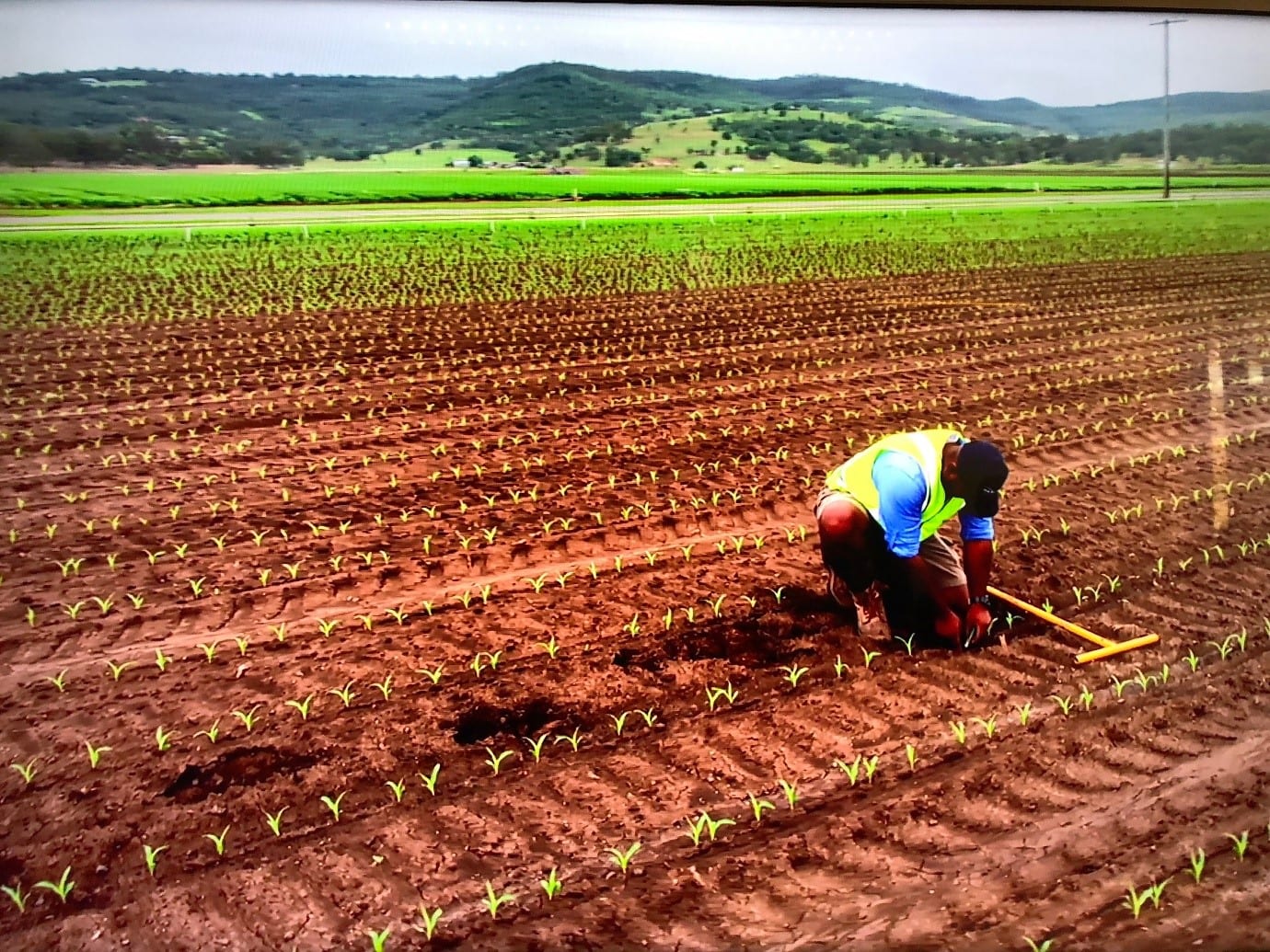
26 Sep Power of Procurement Review for Farming
It is fair to say that most of a farm’s investment and resources are being applied to maximising production outcomes and operational efficiencies. It is one of the single biggest drivers in managerial motivation given that benchmarking of performance psychologically needs to be rewarded with a measurable tangible outcome. This is a behavioural trait inherent in our DNA. We are forever judged on acreage, turnover, volume, number of employees, tonnages etc. Over time it naturally becomes entrenched as the ideological measurement of achievement and success.
We are now facing adverse seasonality and this rhetoric does not hold value or currency in survival economics. For the two- or three-line items in the revenue part of the Profit and Loss statement, there are about 20 lines of expenses that have not been paid tribute to any form of strategic review.
Farming procurement analysis is not new, but it seems to have only been reserved for the most astute and curious of minds.
Procurement is the act of obtaining or buying goods and services. It often involves purchase planning, standards determination, specifications development, supplier research and selection, value analysis, financing, price negotiation, making the purchase, supply contract administration, inventory control and stores, disposals and other related functions.
Basic procurement analysis determines that a business will not be able to survive if its price of procurement is more than the profit or value it creates when the product is sold.
Funding procurement is what our firm specialises in. Given that the interest expense generally lands in the top three expense items, capital accessibility, capital flexibility and funding risk all need to be assessed in the market in relation to procuring a high performing funding platform. Any complacency on these values then places additional and potentially compounded risk within the business.
When the top line revenue falls under pressure due to seasonality, a solid procurement plan holds a farming business in good stead. Without a procurement strategy, complacent procurement arrangements amount to increased costs (and potential losses) than would otherwise need to be the case.



Sorry, the comment form is closed at this time.